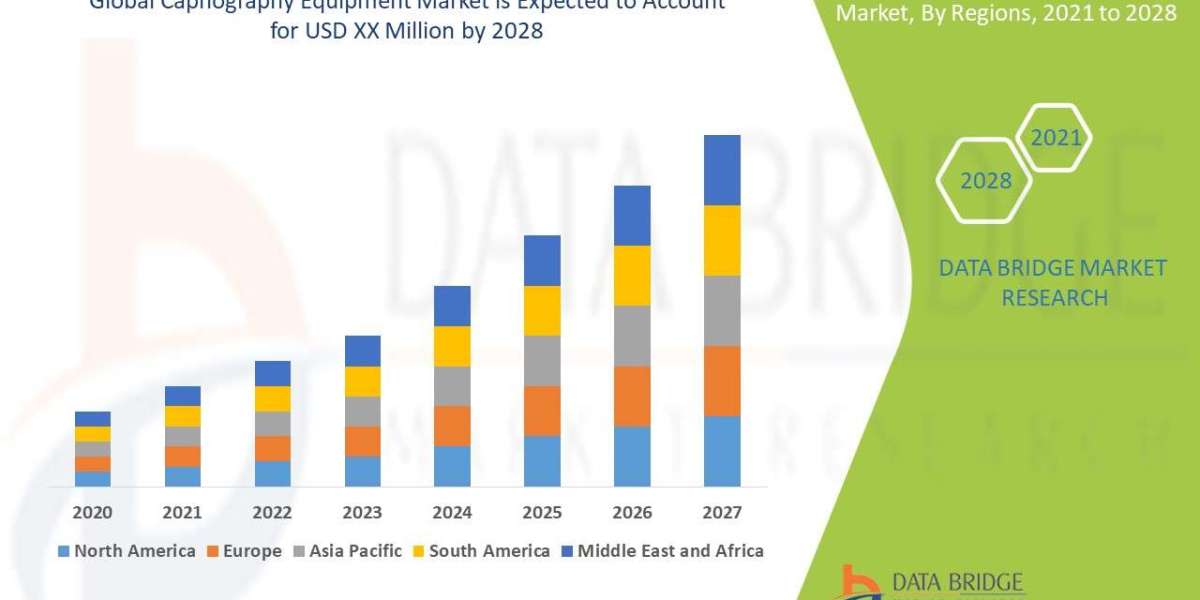This technology may seem simple at first glance, but it plays a critical role in how we interpret space and time. Let’s explore what a location converter does, why it matters, and how it’s especially transformative for areas like Vedic astrology and celestial calculations.
What is a Location Converter?
A location converter is a tool that helps translate geographical locations from one coordinate format to another. These formats typically include:
Latitude and Longitude (Decimal Degrees)
Degrees, Minutes, Seconds (DMS)
UTM (Universal Transverse Mercator)
Time Zone Conversion related to physical location
Depending on its functionality, a converter may also account for elevation, daylight savings, local time adjustments, and even magnetic declination in some advanced tools.
In simpler terms, it helps align locations to the appropriate standards for systems that require precise input—like astronomical engines, GPS systems, cartographic software, and astrological charts.
The Role of Location Converters in Astrology
In astrology—especially Vedic astrology or Jyotish—the accuracy of planetary calculations is deeply influenced by the exact coordinates of the individual’s birth location. Even a slight error in input can lead to a different Ascendant (Lagna) or Moon sign (Rashi), ultimately changing predictions.
A well-calibrated location converter ensures that:
The birth chart (Janam Kundli) is cast accurately
The correct sidereal time is used
Time zones and daylight saving variations are accounted for
Longitude and latitude are mapped precisely for astronomical alignment
Without proper conversion, the effectiveness of an astrological reading can be diminished, making this tool indispensable for modern astrologers and enthusiasts alike.
Why You Need One Today
In many practical applications, people rely on city names or rough locations when entering data into systems. This can result in errors when the backend systems require more exact data.
Here’s where a location converter comes into play:
1. For Astrological Use
Accurate planetary positions depend on both time and geographic coordinates. A converter helps translate a named location into numerical coordinates to feed into software for generating accurate horoscopes, predictions, and transit charts.
2. For Travel and Navigation
Mapping software and GPS tools often need conversion between formats (e.g., from DMS to decimal degrees) to ensure alignment with specific databases or APIs.
3. For Research and Science
Scientific papers often require location data in specific formats. Researchers in environmental science, astronomy, and geology use location converters to prepare consistent datasets.
4. For Global Coordination
Project managers working across multiple locations may use such tools to coordinate time zones, distances, and logistics planning for teams or supply chains.
How It Works
The converter functions by taking location names (e.g., New Delhi, India) and converting them into standardized geographic coordinates (latitude, longitude) while aligning them with time zone data. More advanced converters also integrate:
Daylight Saving Time auto-detection
Elevation data
Local Sidereal Time
Dynamic Time Zone calculation
All of this ensures that the converted data is not just precise, but contextually correct.
Choosing the Right Location Converter
When selecting a location converter, especially for astrology or technical fields, accuracy is key. Look for features like:
Support for both DMS and Decimal Degrees
Ability to search by location name
Timezone adjustments including historical DST data
Astronomical compatibility for ephemeris and chart tools
Mobile responsiveness for use on phones and tablets
For astrology enthusiasts or developers working with birth chart data, platforms like location converter offer intuitive and accurate solutions aligned with real-time astronomy. The tool is part of a larger suite designed to integrate astrological logic with technology.
The Future of Location Conversion Tools
As machine learning, AI, and geospatial tools evolve, location converters will become even more intelligent. Future converters may include:
AI-based location prediction from partial input
Historical time zone mapping for accurate past-event analysis
Real-time API support for developers
Voice-to-coordinate translation using natural language processing
Whether you're building software, preparing astrological reports, or just ensuring your travel coordinates are in the right format, these tools are going to be more relevant and integrated than ever before.
Conclusion
In a world increasingly dependent on accuracy and digital systems, the humble location converter plays a quietly powerful role. It's more than just a tool to convert formats—it’s a gateway to precision, whether you're tracking the stars or managing a global project.
From aligning your birth chart to ensuring you don’t land in the wrong timezone, this one small tool solves very big problems.
So, the next time you're inputting geographic data—whether for an astrological reading or technical task—make sure it's backed by an accurate and dependable converter. The difference it makes may be far greater than you think.












